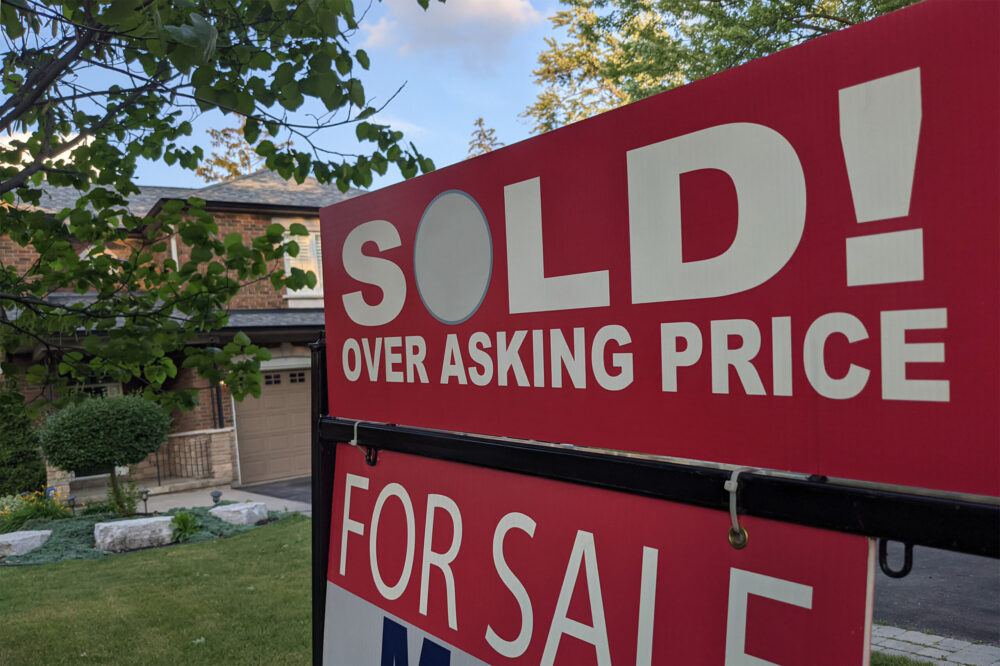Beyond just collecting, you might be stockpiling a problem.

Do you ever wonder if your “collection” has grown a bit out of hand, or if your well-meaning thriftiness has taken a turn into something more serious? It can be tricky to tell the difference between a love for unique finds and a compulsion that’s starting to affect your daily life.
This guide will help you identify some key indicators that might suggest you’ve crossed the line from enthusiastic accumulator to someone struggling with compulsive hoarding.







